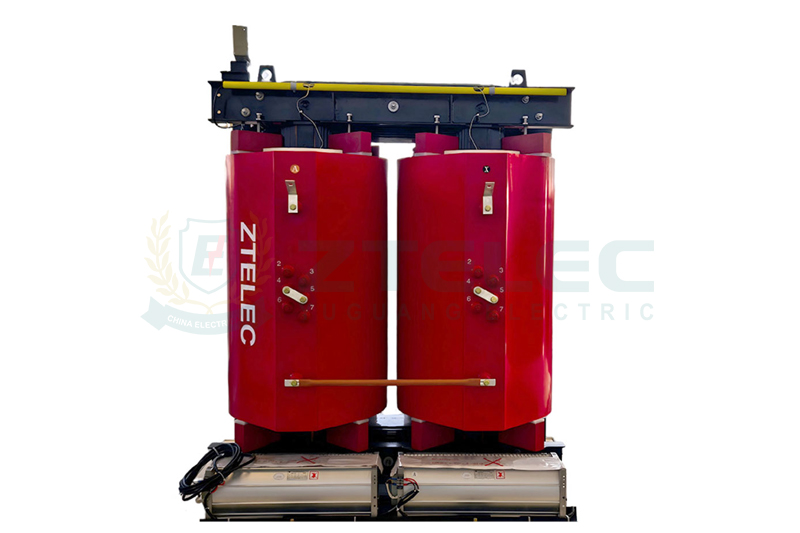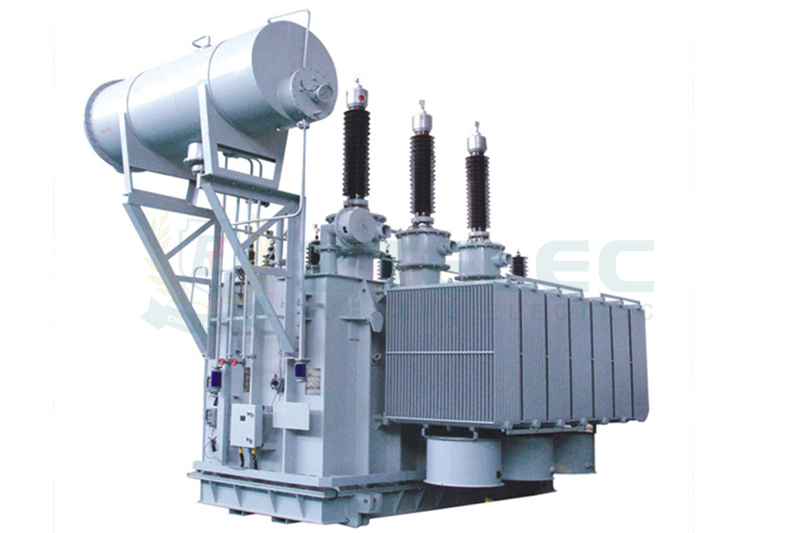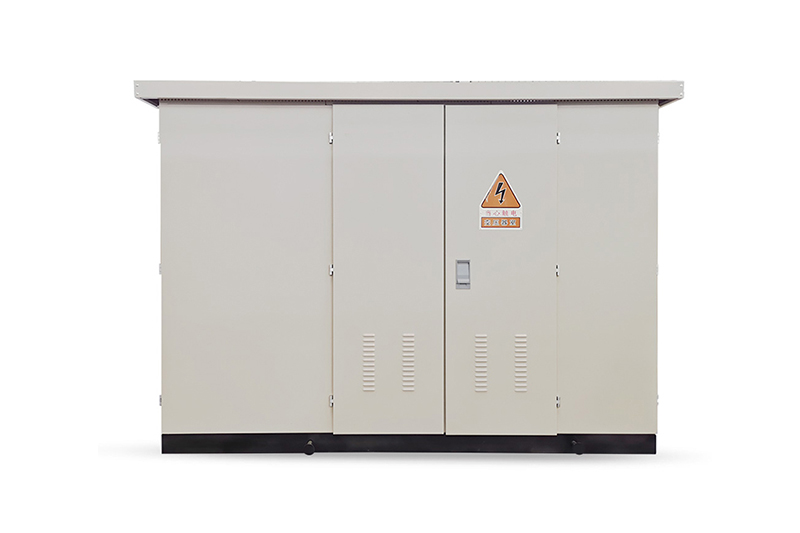10kV Oil-Immersed Transformer Selection Guide: Capacity, Model, and Price Comparison
Time:2025-10-15 Auther:ZTelec-www.ztelectransformer.com
10kV oil-immersed transformers serve as critical power distribution equipment across industrial facilities, commercial buildings, and urban and rural power grids. Selecting the right transformer is vital to ensure power reliability, optimize investment costs, and enhance long-term energy efficiency. With various capacity ranges, model series, and price differences available, understanding key technical and economic factors helps buyers make informed choices. This guide provides a structured overview of capacity selection, model comparison, and pricing analysis for 10kV oil-immersed transformers.
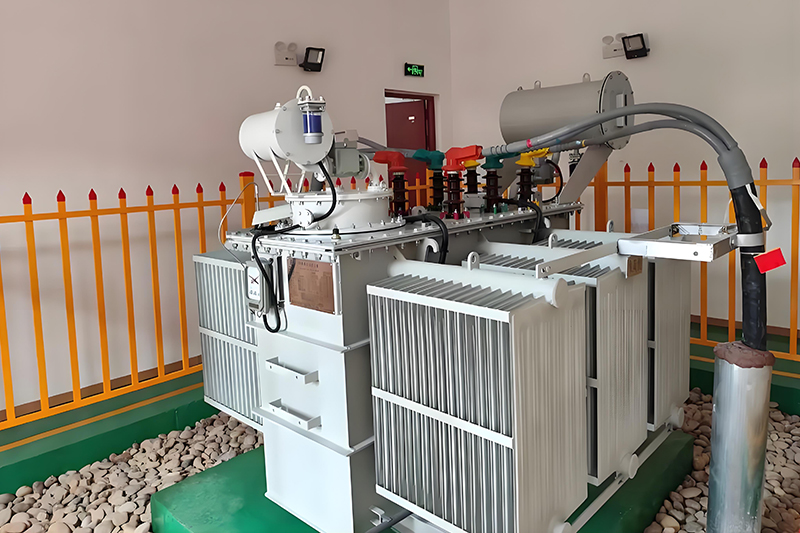
10kV Oil-Immersed Transformer Capacity Selection
Proper capacity selection determines transformer efficiency, reliability, and lifecycle performance. Undersized transformers cause overload and reduced lifespan, while oversized ones lead to unnecessary losses and higher costs. Choosing the optimal capacity ensures both economic and operational balance.
1. Standard Capacity Classification
Based on industry standards, transformer capacities are typically categorized as follows:
Small-capacity transformers: 30kVA, 50kVA, 100kVA, and 200kVA.
Medium-capacity transformers: 315kVA, 500kVA, 800kVA, and 1000kVA.
Large-capacity transformers: 1250kVA, 1600kVA, 2000kVA, and above.
Standard 10kV distribution transformers generally range between 30kVA and 2500kVA. International and national standards (IEC 60076 and GB/T 6451) are mostly aligned, though non-standard capacities like 63kVA and 400kVA appear in overseas projects. Model selection should align with the project’s regional standards and load demands.
2. Typical Application Scenarios
Distribution-grade transformers (30kVA–2500kVA) are ideal for low-voltage 10kV/0.4kV systems, including residential areas, business centers, and light industry.
Industrial-grade transformers (2500kVA–100MVA) are used in high-load industries such as metallurgy, chemicals, and manufacturing, with special cooling and mechanical strength designs.
UHV-grade transformers (above 100MVA) are installed in grid hubs and transmission substations, requiring advanced oil circuit and thermal systems for high-voltage, high-current conditions.
Mainstream 10kV Oil-Immersed Transformer Models
10kV transformer model designations follow national standards, and each series features unique performance characteristics. The main models currently available include:
S11 Series: Standard energy-saving model with about 30% lower no-load loss than the S9 series. Capacity range: 30kVA–2500kVA. It offers stable performance and cost-effectiveness, suitable for small and medium-sized grids and commercial applications.
S13 Series: Advanced ultra-low-loss model using amorphous alloy core material, reducing no-load losses by up to 70% compared to S11. Capacity range: 50kVA–1600kVA. Ideal for green buildings, smart grids, and energy-saving retrofit projects where efficiency is prioritized.
S22 Series: Premium high-efficiency design using high-grade grain-oriented silicon steel and oxygen-free copper coils. It achieves over 25% total loss reduction and provides superior economic and operational performance for demanding applications.
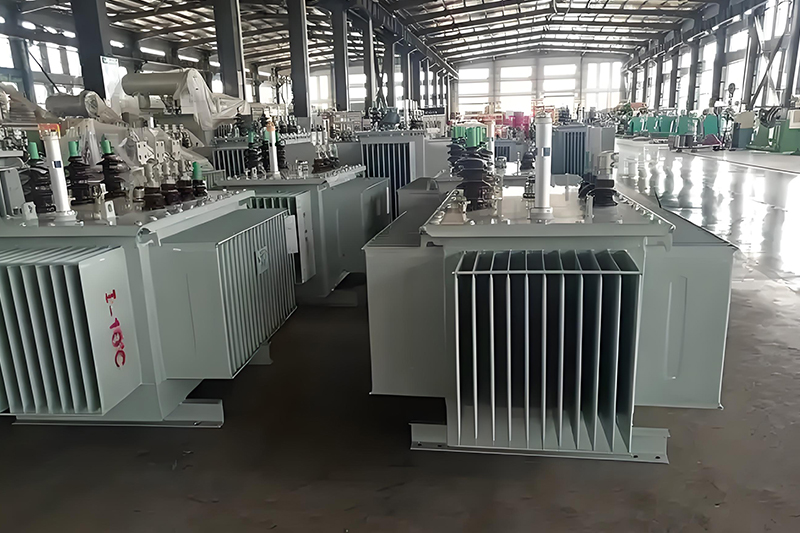
10kV Oil-Immersed Transformer Price Comparison
| Series/Model | Price Range (CNY) | Key Features & Applications |
|---|---|---|
| S11 Series | 3,900 ~ 108,000 | Cost-effective standard model, suitable for small and medium industrial or commercial systems |
| S13 Series | 35,000 ~ 588,000 | High energy efficiency, ideal for mid-to-high load or energy-saving projects |
| S22 Series | 59,700 ~ 189,000 | High-efficiency amorphous alloy design, for projects requiring strict energy performance |
| Custom Large Models | 94,000 ~ 588,000+ | Specially designed 2000kVA+ units; require manufacturer customization |
Key Factors Influencing Transformer Price
1. Capacity and Specifications: Transformer price increases significantly with capacity. Large-capacity models (above 2000kVA) demand factory customization, specialized engineering, and additional manufacturing costs.
2. Energy Efficiency Rating: High-efficiency transformers typically cost 10–15% more than standard models but recover investment through long-term energy savings and compliance with national energy regulations.
3. Materials and Technology: Although amorphous alloy costs have declined by 8–12% recently, these transformers remain more expensive than traditional silicon steel models due to material and process complexity.
4. Brand and Customization: Top-tier manufacturers charge a 5–10% premium for better quality assurance and after-sales service. Export-oriented products require additional certification (e.g., CE marking, carbon tariff compliance), increasing costs further.
Selecting the right 10kV oil-immersed transformer requires balancing performance, cost, and long-term energy efficiency. Under global “dual-carbon” goals, models like the S13 and S22—though costlier initially—offer significant lifecycle savings and sustainability benefits. With proper capacity planning and model comparison, users can achieve reliable, efficient, and environmentally friendly power solutions.

